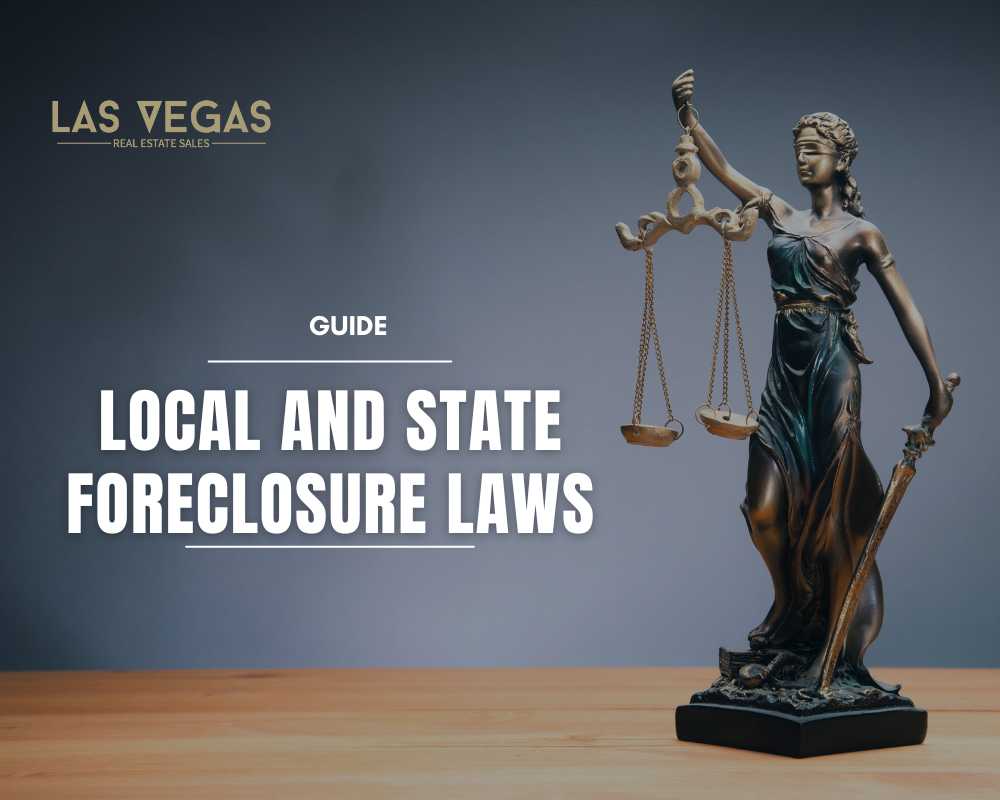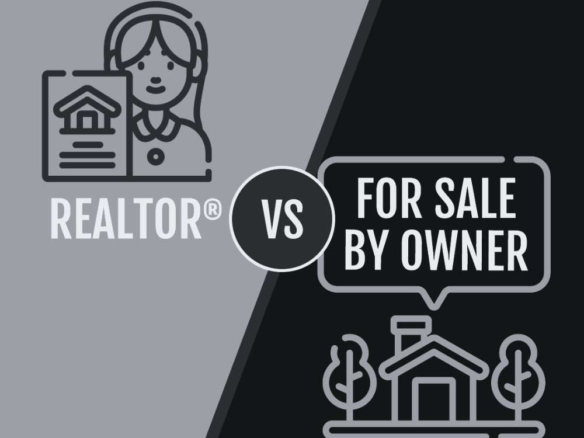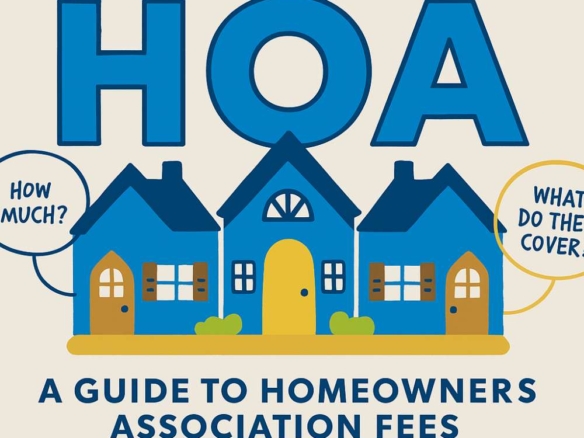The foreclosure process is always a stressful component but then, it is further made complex by the variation of laws depending on the place you are living. The local and state foreclosure laws regulate what rights homeowners own in the process of reclaiming a property and how lenders may recover the property. As either a foreclosed homeowner or someone thinking of making a purchase of a foreclosed home, these laws will help you avoid some of the more costly pitfalls.
Why Foreclosure Laws Differ by State
Laws governing real estate are almost under the jurisdiction of states only implying that a uniform process of foreclosure does not exist in the country. States have different requirements, some of them demand that the lender has to pass through the court system but there are also states, which do not involve court in the foreclosure process. Even the timelines, notice requirements and protections of homeowners vary depending on the location.
Explore Foreclosure Homes in Las Vegas Communities
Judicial Vs Non-Judicial Foreclosure
In the majority of states, there are two principal approaches followed in foreclosure:
Judicial Foreclosure
In those states where judicial foreclosure is mandatory, a lender has to sue to foreclose a house. The court hears the case and gives a homeowner an opportunity to be heard. It usually takes a longer time and there is more protection to the homeowners.
Non-Judicial Foreclosure
In other states, non-judicial foreclosure is allowed, and it does not imply the court attendance. Rather the lender does conform to some steps as indicated in the mortgage or deed of trust. This is usually cheaper and quicker to lenders yet the homeowner has less chance to challenge the foreclosure.
Local Rules and Timelines
Even inside a state, local foreclosure statutes–ordinances in counties or cities can affect such matters as:
- How foreclosure sales are advertised
- Where auctions are held
- Specific redemption times (period that the homeowner is given to buy back his/her home after sale)
Such regulations may affect the speed of a foreclosure process and the possibilities of homeowners.
Homeowner Rights and Protections
Most of the states do have the laws that cover homeowner, and some of these include:
Right to Cure: Providing time to homeowners to rectify on defaulted payments.
Right of Redemption: Ensuring that the homeowners rather have the right to repossess their property when a property sale is made by paying the due amount within a specific time.
Deficiency Judgments Limitations: A few states either restrict or prohibit lenders in trying to recover unpaid loan amounts against homeowners post foreclosure sale.
Such protections can be so substantial that families attempting to recover finances can benefit.
Why Buyers Should Care About Foreclosure Laws
When purchasing a foreclosed home, state and local regulations are important so you know what to do. Ownership transfer can be delayed by redemption seasons and title problems, and local auction process would demand some deposits or other documentation. It is advisable to use the services of a real estate agent who is knowledgeable about local laws which will help facilitate the process of making the purchase.
Final Thoughts
Homeowner and foreclosure laws enacted by various local and state jurisdictions are essential in the way foreclosure is conducted affecting both homeowners and foreclosure buyers. In case you are planning to keep your home or having plans regarding acquiring foreclosed homes, it is important to know all that relates to foreclosure process in your state and regulations prevalent in the area. To get the best advice, a real estate attorney or pro that is well versed with the rules around your locality should always be consulted.
Richard Slezak, Las Vegas Realtor®

Agent License: S.0201790
Call: (702) 688-3508
MAIL: richardslezak@gmail.com
Address: 2298 W Horizon Ridge Pkwy #114, Henderson, NV 89052, USA





Join The Discussion